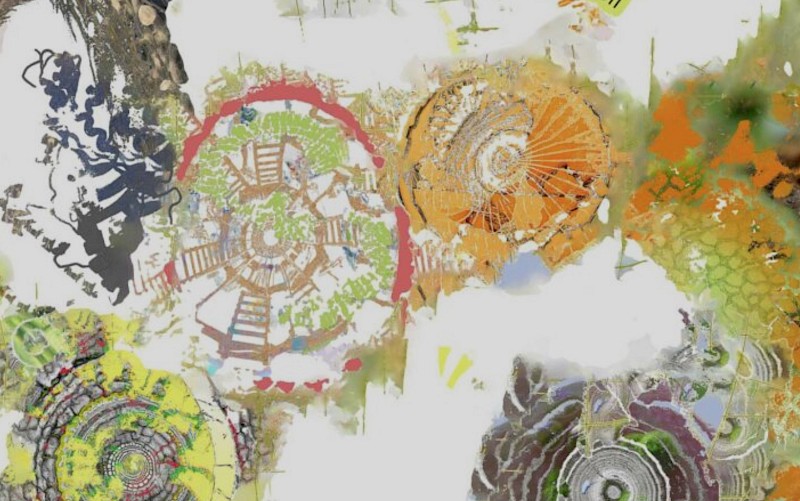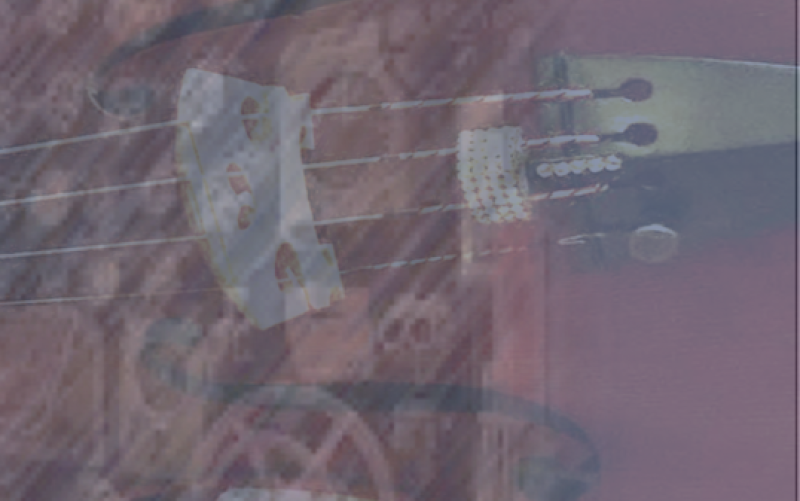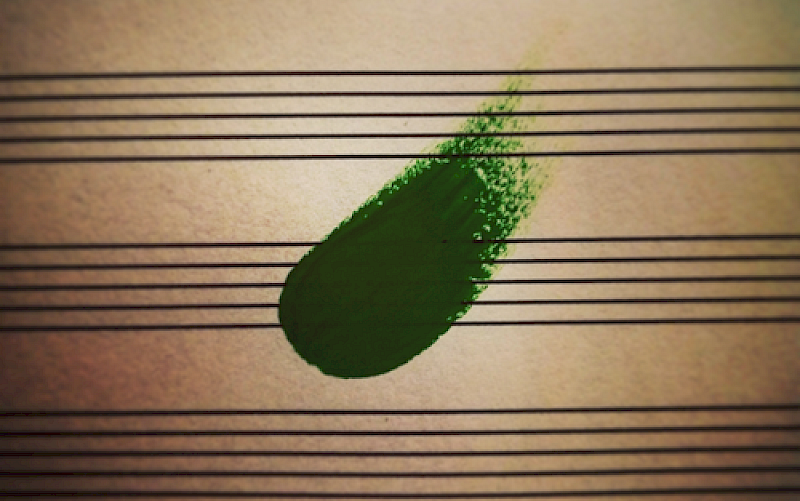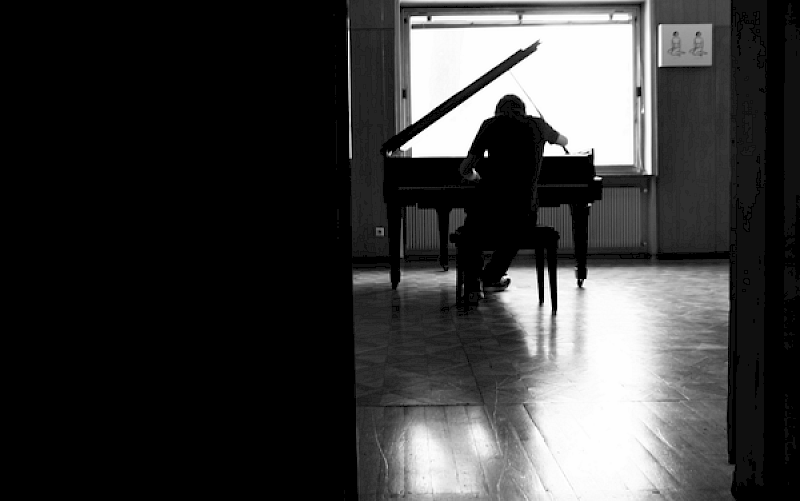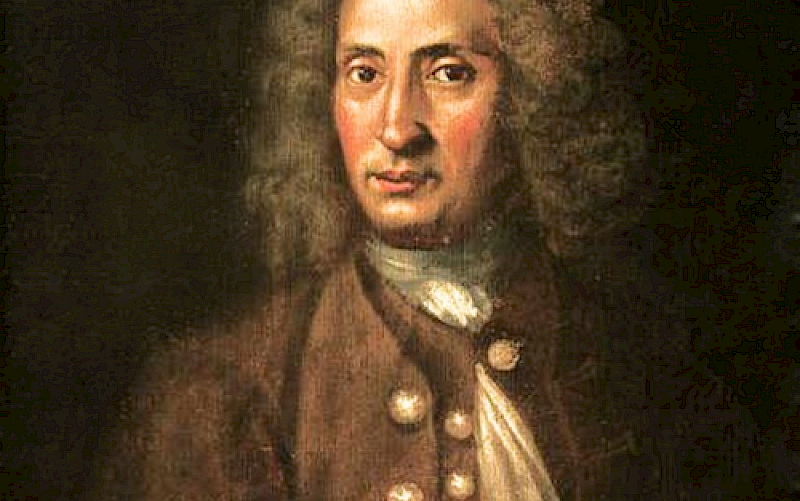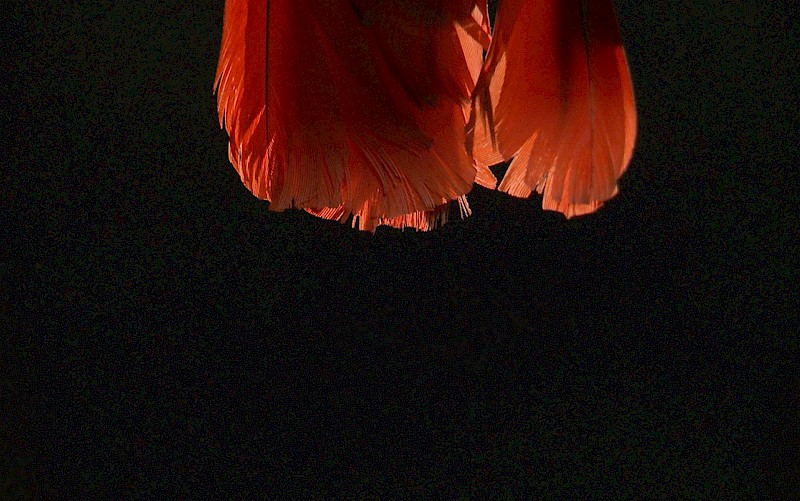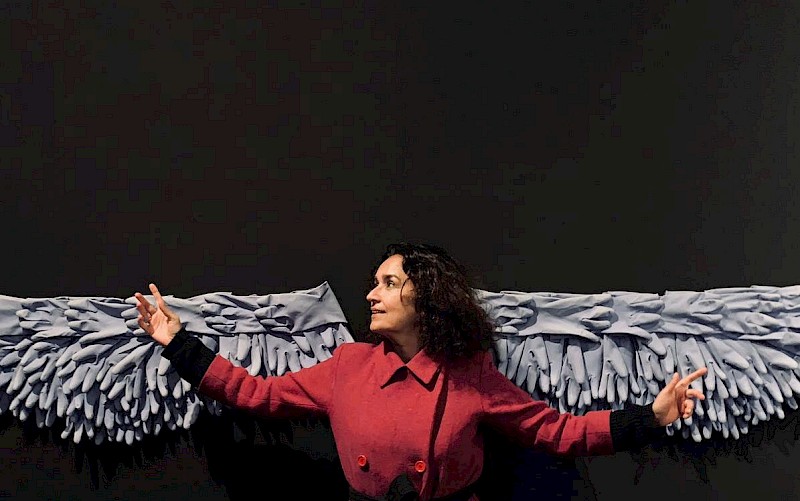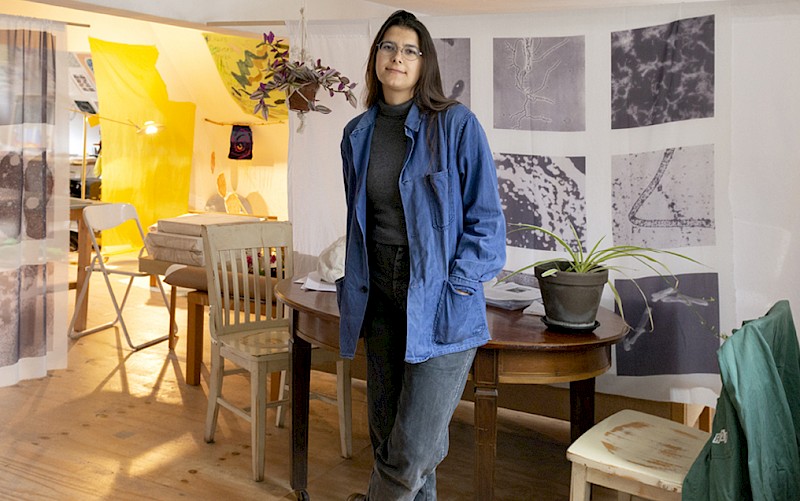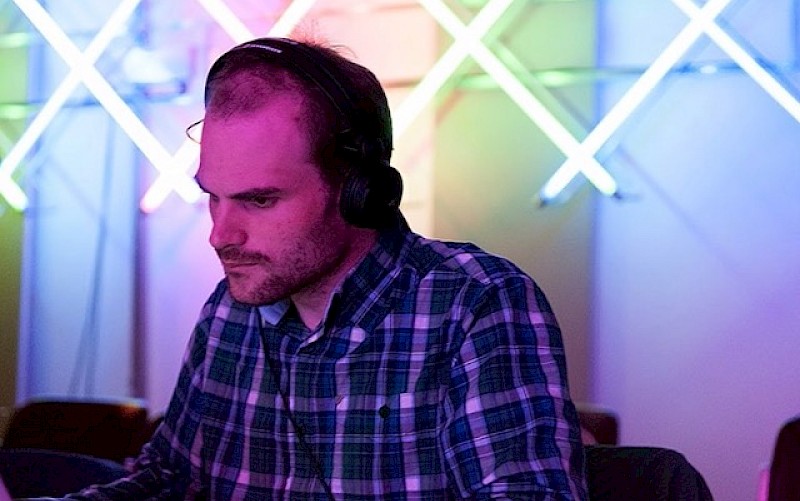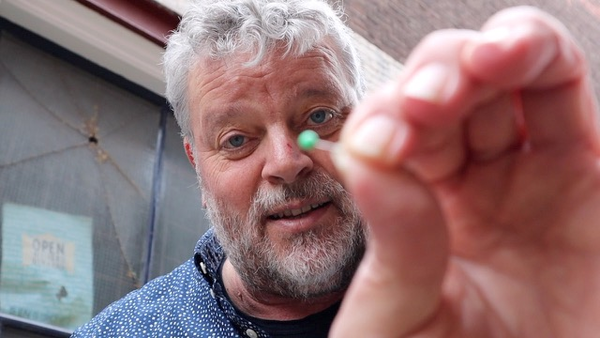
What is the word
What than is music? – Music is language.’ Composer Anton Webern was quite outspoken in 1932 : 'A human being wants to express thoughts in this language, but not a thought that can be transferred into an idea, but only into another musical thought.’ Almost sixty years later composer Wolfgang Rihm isn’t sure whether music is a language but states in his speech 'Was ‘sagt’ Musik/ What does music ‘say’?:’ if music is saying something, than the first what is addressed to us is: speak! Music wants to make us speak. That’s what music says!’ That raises the question whether music can be referential or carry meaning just as language can. A question that has made many speak and filled libraries of studies. Cognitive psychologist Aniruddh D. Patel writes in 2008: ‘A natural place to turn for help in defining musical meaning is the work of music theorists and philosophers of aesthetics’. After summing up a dozen publications on the topic since Webern made his statement, Patel reports: ‘No consensus has emerged from these writings for a definition of musical meaning.’ There is a lot of evidence in linguistics that qualities attributed to musicality contribute to language being the carrier of meaning. So what about the other way around? Can language help to understand what is experienced as meaningful in music? Language itself is an indicator that qualities inherent to language are often given to music. In German the word Interpret is used for instrumentalists performing music. The Dutch language has the word zeggingskracht that attributes power to music. 'Zegging-’ stems from the verb zeggen (to say), ‘kracht’ means power. Zeggingskracht was one of the three criteria to assess the work of composers by the Fund for the Creation of Music (Fonds voor de Scheppende Toonkunst ) in The Netherlands. When the power to speak is inhibited and people stammer or lose their speech suffering from aphasia, it has been said that “only music, can do the calling.” And it’s almost a cliché to say that music can express what can’t be given words. Music is not a language but often sounds like one. What do musicians that are ‘speaking’ that music have to say about meaning in music, singing, performing or creating what composer Louis Andriessen describes as ‘talkative’ music? Or the stammering that composer György Kurtág calls his mother language? How do musicians give words to those moments when their music does the talking? What is the word is the last text that Samuel Beckett completed at the end of his life when through a stroke he periodically suffered from the disability to finds words, commonly diagnosed as aphasia. The Irish author inspired many to explore the zeggingskracht of music. Precise as he was, Beckett left out a question mark in the title, both in the original French version of Comment dire and in his English translation. That the title of Samuel Beckett’s last text is not posing a question but may provide us with an answer, is the hypothesis of this research.
Author: Renee Jonker



